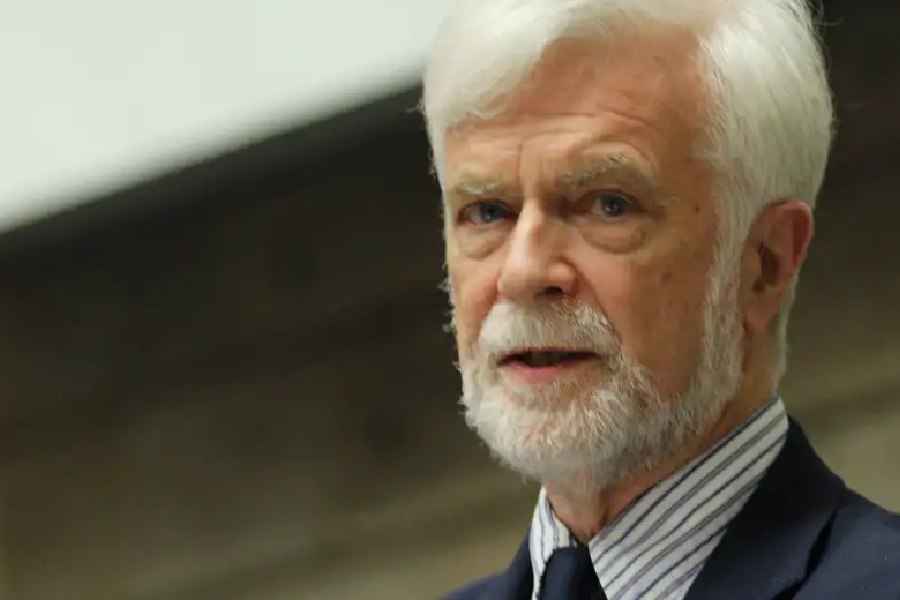Jim Skea, the new head of the UN's IPCC climate panel, said it was not helpful to imply that temperature increases of 1.5 degrees Celsius posed an existential threat to humanity.
The newly appointed head of the UN's Intergovernmental Panel on Climate Change (IPCC), Jim Skea, spoke to two major German news outlets over the weekend, soon after his appointment to the role.
Speaking to weekly magazine Der Spiegel, in an interview first published on Saturday, Skea warned against laying too much value on the international community's current nominal target of limiting global warming to 1.5 degrees Celsius compared the pre-industrial era.
"We should not despair and fall into a state of shock" if global temperatures were to increase by this amount, he said.
In a separate discussion with German news agency DPA, Skea expanded on why.
"If you constantly communicate the message that we are all doomed to extinction, then that paralyzes people and prevents them from taking the necessary steps to get a grip on climate change," he said.
"The world won't end if it warms by more than 1.5 degrees," Skea told Der Spiegel. "It will however be a more dangerous world."
Surpassing that mark would lead to many problems and social tensions, he said, but still that would not constitute an existential threat to humanity.
The international community's stated target is currently to limit global warming to the 1.5 degrees Celsius target, even though UN estimates suggest that the current commitments made by countries are actually likely to fall far short of their nominal goal.
The UN estimates that within roughly a decade, the target is liable to be breached.
James "Jim" Skea is a physics graduate born in Dundee in Scotland who did his doctoral thesis in energy research and has worked at Imperial College London since 2009.
The 69-year-old, who has been involved with the IPCC since its foundation in the 1990s, was named its new chairman on Wednesday.
He told Der Spiegel that there remained good reasons to be optimistic in the battle against climate change.
"Every measure we take to weaken climate change helps," he said, adding that measures were also becoming "ever more cost-effective."
Skea said that one short-term focus should remain expanding renewable electricity to reduce emissions from fossil fuel electricity generation and from internal combustion engine vehicles.
"Longer term, we probably will not be able to do without technological solutions like the underground capture of CO2," he said, referring to the greenhouse gas carbon dioxide.
Skea predicted that one difficult area might prove to be changing people's lifestyles. He said that no scientist could tell people how to live or what to eat.
"Individual abstinence is good, but it alone will not bring about the change to the extent it will be necessary," Skea said. "If we are to live more climate consciously, we need entirely new infrastructure. People will not get on bikes if there are no cycle paths."
Skea said he also wanted to adapt the IPCC so that it could provide better and more targeted advice to specific groups of people on how they could act to combat climate change.
He named groups like town planners, landowners and businesses: "With all these things it's about real people and their real lives, not scientific abstractions. We need to come down a level," he told DPA.
He said he also hoped to make progress during his tenure on how and where money was sent and spent to tackle the problem globally.
"There's enough money in the world, the challenge is getting it to flow to the right places," he said.










